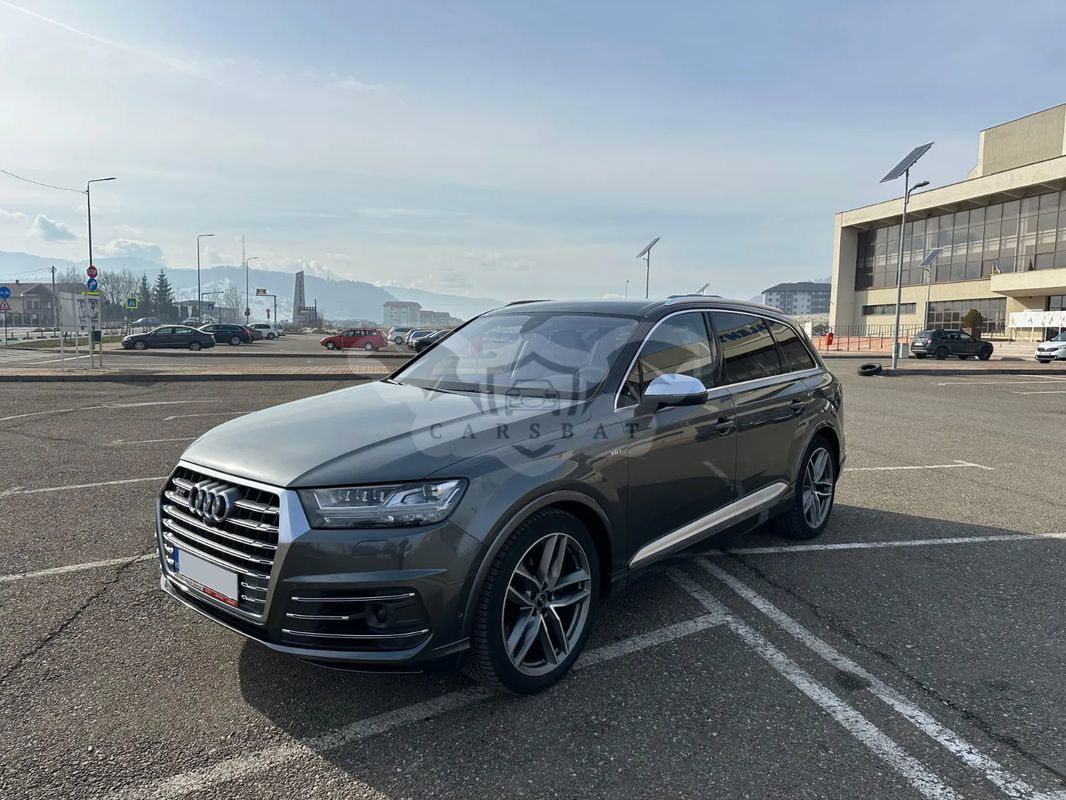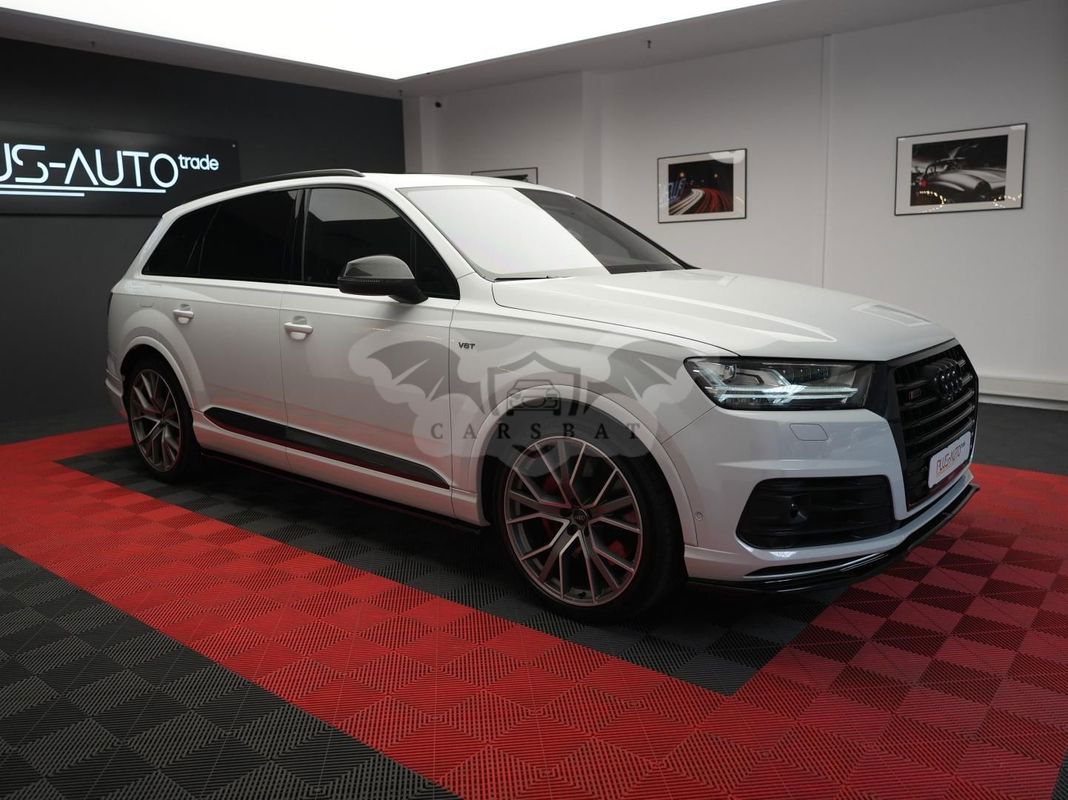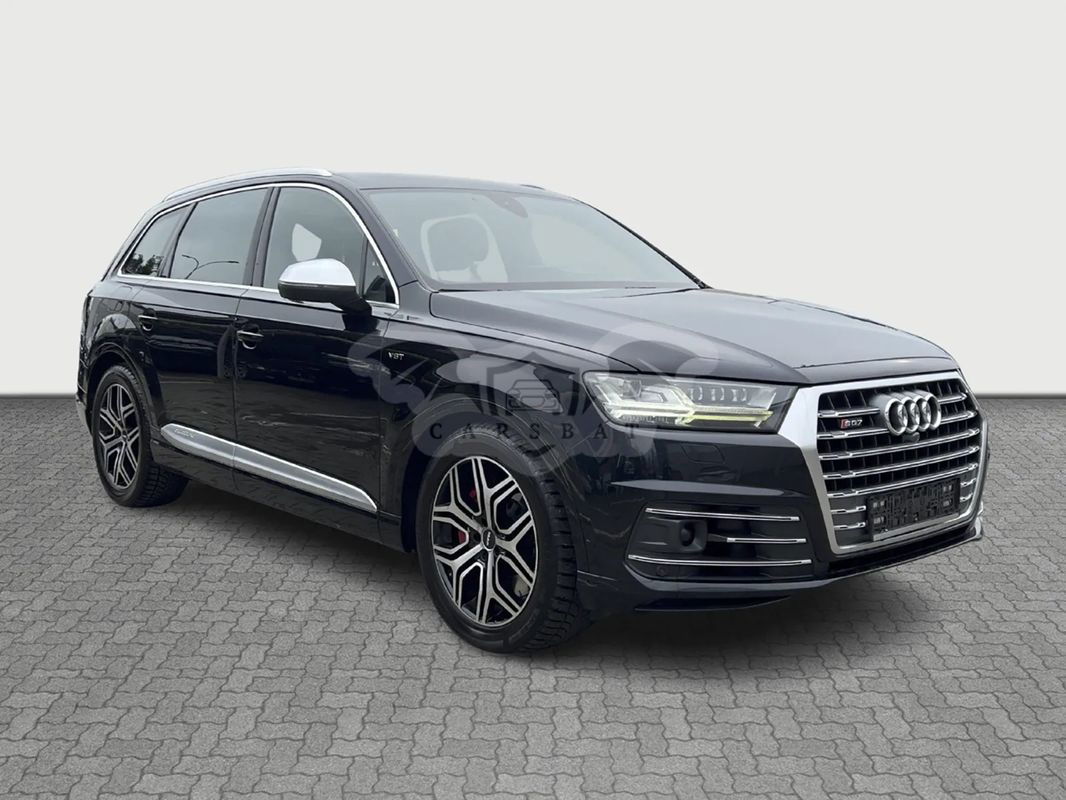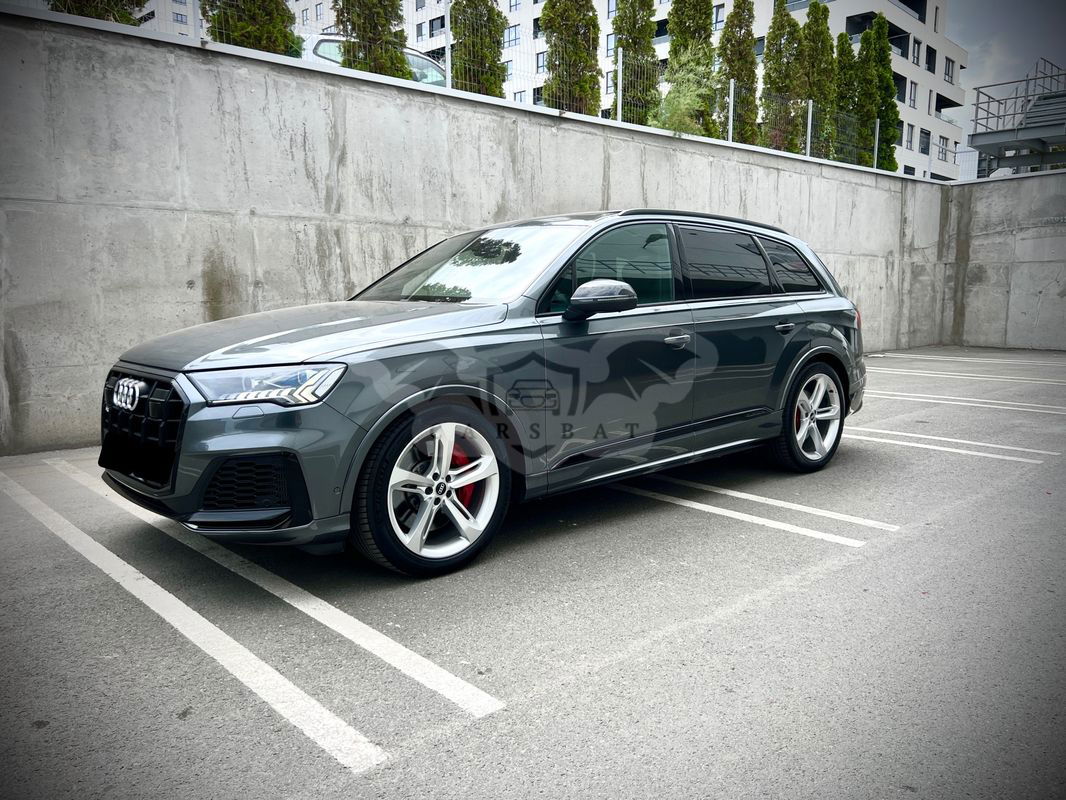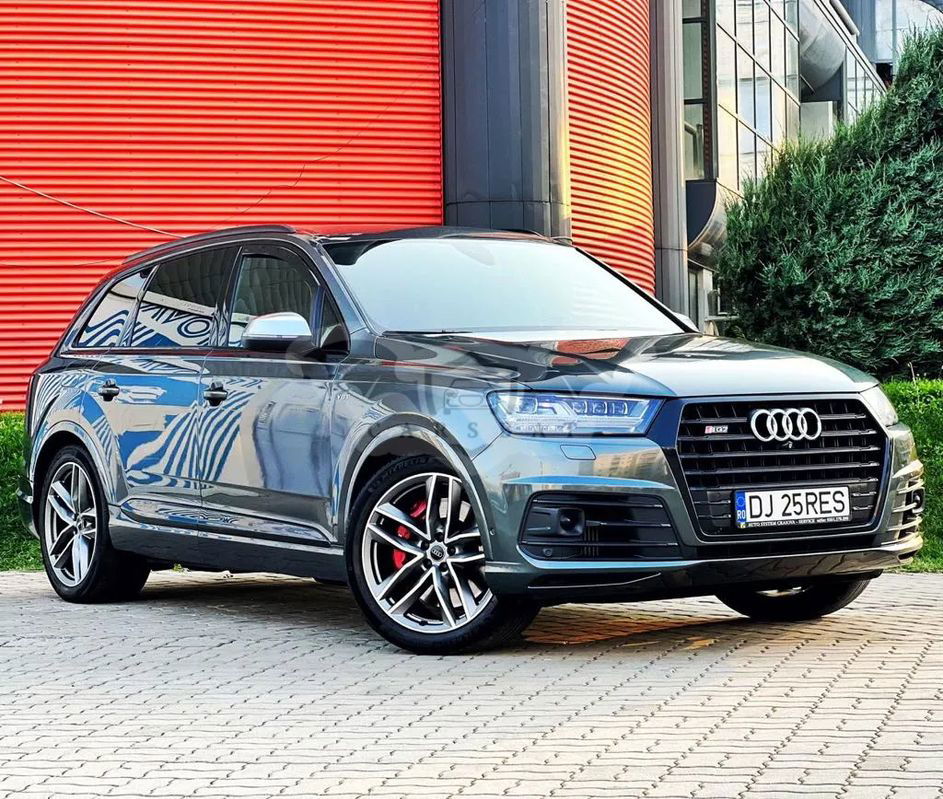At CarsBat.com, you can get pricing for 7 new and used Audi SQ7 in a variety of
configurations and years. We provide price information for this popular car in countries such as:
Belgium, United Kingdom, Germany, Denmark, Italy, Luxembourg, Netherlands, Poland, United States, France, Czech, Sweden.
Our database contains current prices for Audi SQ7, which vary depending on mileage,
condition and equipment of the car. You will be able to compare the price of different versions of Audi SQ7
and choose the best option that fits your budget and preferences.


